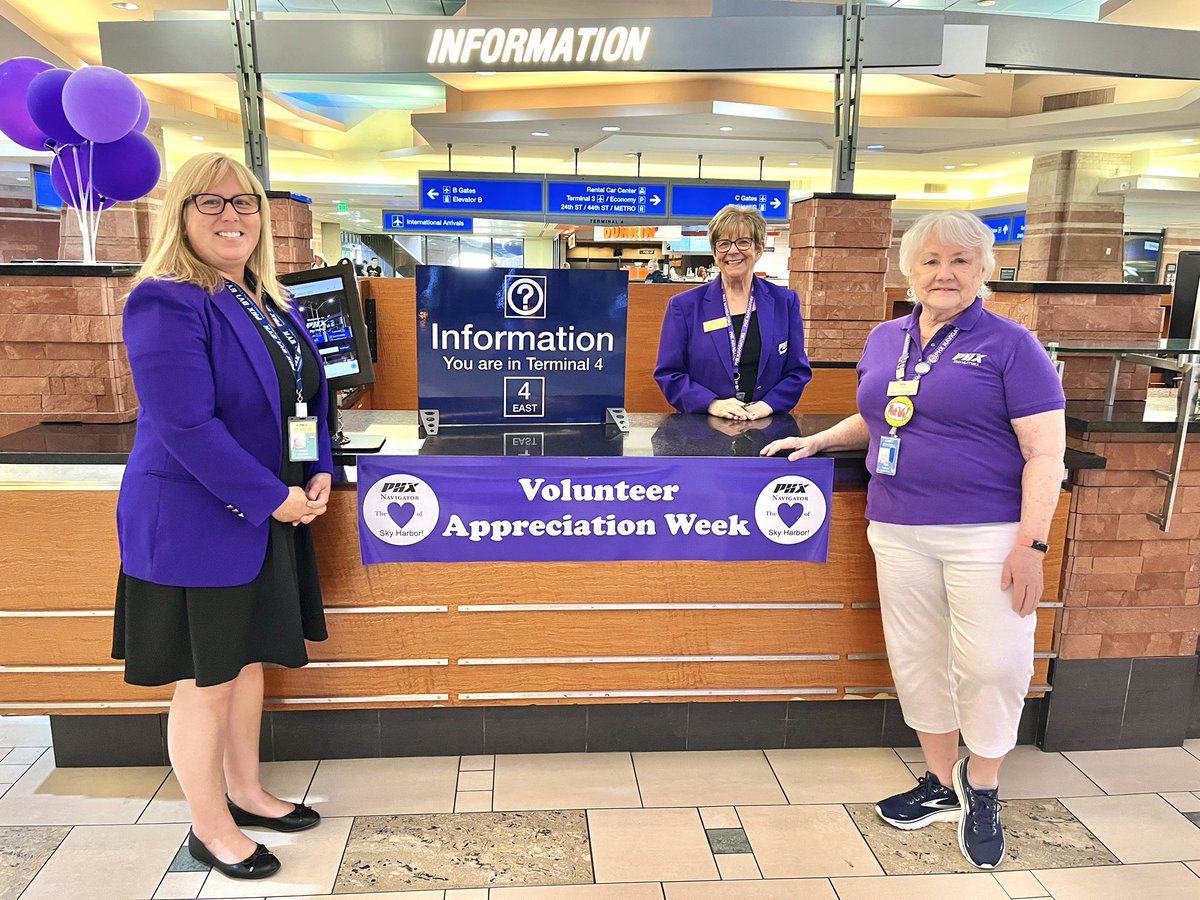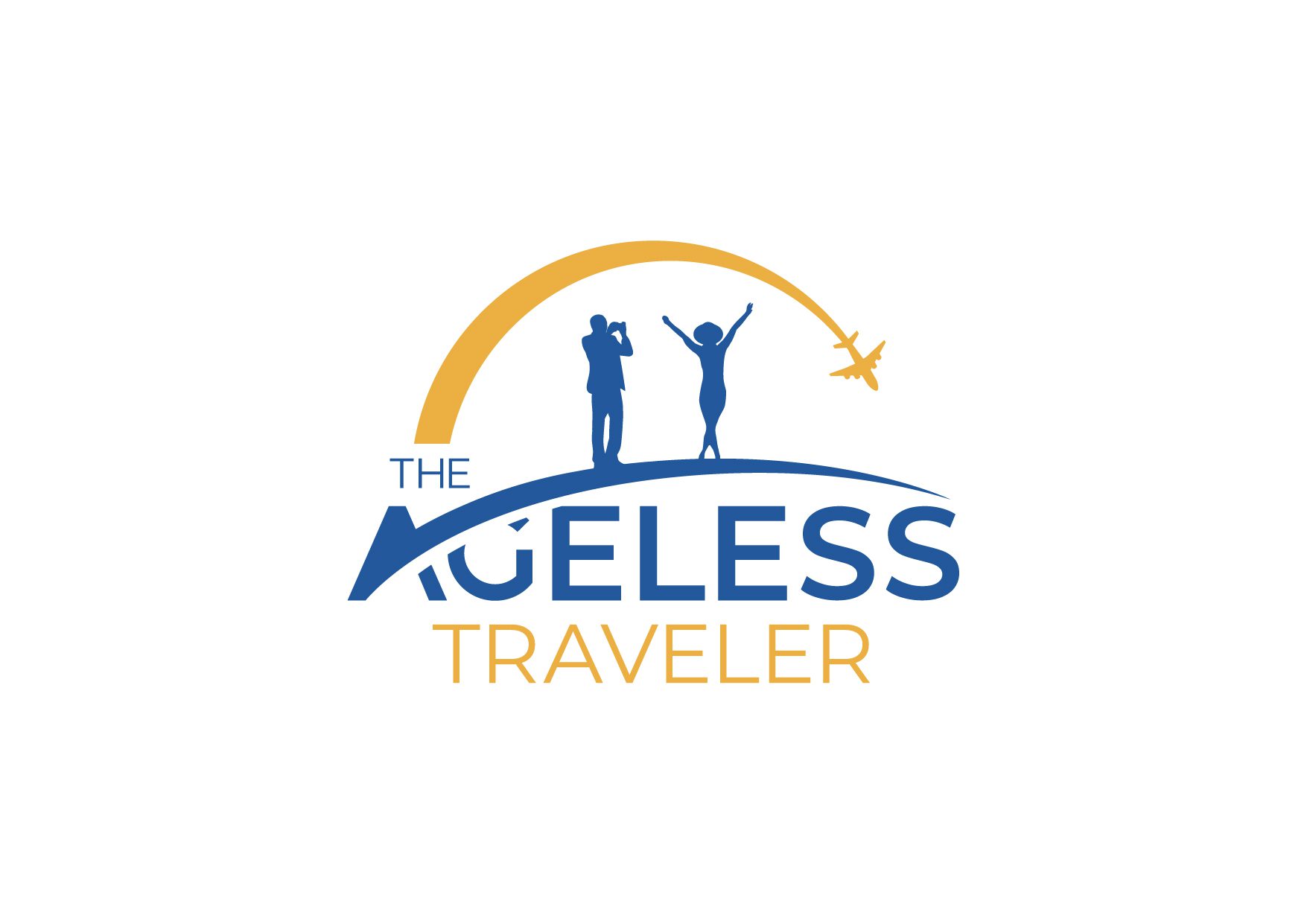Overcoming Barriers to Lifelong Travel

Special Message to Readers: This article regarding my podcast interview with Star Bradbury CEO of Senior Living Strategies and author of "Successfully Navigating Your Parents' Senior Years." is the first in a series of blogs and podcasts for caregivers and people with mild mobility issues or cognitive impairment who want to travel.
I created this series with the expertise of Our Advisory Board Members, Dr. Carol Sargeant, Social Gerontologist Sharon Solomon Rose, and my long-time colleagues in aging to make life-long travel possible for all.
For organizations and senior residences, please see WOWZITUDE, our program for group armchair travel. For individual travel plans, please see our affiliation with Dr. Sargent, and for consulting services for travel companies wishing to build their business by attracting these avid travelers, please see our consulting services.

Get on our Ageless Traveler List for discounts on trips, products, and services.
Get early access to special trips so you never miss out on the deals you want.
Get invitations to unique events and happenings.
We will not send you annoying sales emails, will not share your information and will only alert you to worthwhile GOODIES!
Yes...I would like the Goodies
In today's fast-paced world, travel has become integral to many people's lives. However, for caregivers of older adults, the desire to travel often takes a backseat to caring for their loved ones. Many caregivers cannot travel for years, fearing that something may happen to their older relatives in their absence. This is a common concern among retirees who had envisioned travel as a significant part of their retirement lifestyle. But it doesn't have to be this way.
At The Ageless Traveler, we believe that caregivers need not sacrifice their dreams. Lifelong travel becomes a reality with proper planning, support, and resources. Embracing the principles of successful aging and developing comprehensive plans allows caregivers to provide essential care while exploring the world.
In this thought-provoking discussion, I am joined by Star Bradbury, CEO of Senior Living Strategies and author of "Successfully Navigating Your Parents' Senior Years." Star is a specialist in aging life care and has dedicated her career to helping caregivers overcome the barriers to lifelong travel. Together, we explore the strategies and resources available to caregivers to ensure their loved ones receive the care they need while still enjoying the freedom of travel.
Exploring Senior Living Strategies
Star Bradbury founded Senior Living Strategies to provide consulting services to individuals and families navigating the complexities of aging and caregiving. She aims to help people age successfully by developing a plan long before a crisis occurs. She emphasizes recognizing that aging parents will inevitably need help and that preparing for that eventuality is crucial.
"One in five older people will need time and skilled assisted living, home care, or serious long-term care," Star explains. "The numbers are truth-telling. It does not matter if your parents need help, but when."
To help caregivers overcome the challenges of caregiving while still being able to travel, Star recommends finding a certified geriatric care manager. These professionals have deep experience in geriatrics and can act as a go-to person in the caregiver's absence. They serve as advocates, problem solvers, and liaisons between the older adult, their medical team, and the facility they reside in.
Supporting Caregivers of Older Adults in Residences
For caregivers whose loved ones are already in a residential facility, the challenges of traveling may seem less daunting. However, there are still concerns that can prevent caregivers from taking a much-needed vacation. One common issue is the fear of something happening while they are away, such as the older adult firing their caretaker or experiencing a health emergency.
To address these concerns, Star suggests developing a support system before embarking on a trip. This can involve enlisting the help of a certified geriatric care manager or other professional caregivers who can act as a temporary replacement. Caregivers can travel with peace of mind by having a trusted individual in place to handle emergencies or issues.
Temporary In-Home Caregivers
For caregivers who provide daily care to their loved ones, finding a temporary in-home caregiver is essential for enabling travel. Star highlights the growing trend of mobile primary care and in-home wound care services, which can provide personalized and high-quality care to older adults in their own homes. By establishing a relationship with these providers before a trip, caregivers can ensure their loved ones receive the necessary support while away.
Star emphasizes the importance of building a support team before any travel plans. This includes identifying and establishing relationships with home care companies, healthcare professionals, and other resources that can assist when needed. By doing so, caregivers can feel confident in their loved one's well-being and enjoy their vacations without worry.
Planning for the Future: Legal and Financial Documents
One crucial aspect of preparing for travel as a caregiver is ensuring that all legal and financial documents are in order. Star stresses the importance of having a will, a living will, a healthcare surrogate, and power of attorney in place. These documents provide guidance and legal authority in a crisis or incapacity.
Star shares the story of an 84-year-old retired professor who did not have any of these essential documents. This serves as a reminder that procrastination can have severe consequences. She urges caregivers and older adults to address these matters well in advance, as there is no correlation between creating a will and the likelihood of passing away.
In addition to legal documents, Star advises caregivers to compile a comprehensive list of doctors, pharmacies, and medications for their loved ones. This information should be easily accessible and shared with trusted individuals who can provide support in the caregiver's absence. By having these details readily available, caregivers can ensure continuity of care and avoid potential issues while traveling.
Recognizing the Signs of Cognitive Impairment
As caregivers, it is essential to be vigilant and recognize the signs of cognitive impairment in older adults. Star emphasizes that older individuals are skilled at camouflaging their cognitive decline, making it crucial to spend extended periods with them to observe any red flags. Signs to watch for include reliance on Post-it notes for reminders, unattended bills, unbalanced checkbooks, neglected household chores, and social withdrawal.
Having open and honest conversations with older adults about their desire for independence can be challenging. Star offers a technique for approaching resistant seniors, emphasizing maximizing and prolonging their independence. By framing the discussion around the idea that accepting help can increase independence, caregivers can help their loved ones understand the benefits of assistance.
Future Outlook
Successfully navigating the challenges of caregiving while still being able to travel requires careful planning, open communication, and the support of professionals in aging life care. By developing a comprehensive plan, caregivers can ensure their loved ones receive the necessary care while they enjoy the freedom of travel.
As the population ages, the demand for personalized, high-quality care increases. The availability of mobile primary care and in-home wound care services reflects this growing need. By taking advantage of these resources and building a support network, caregivers can confidently travel, knowing their loved ones are in capable hands.
Caregivers should not have to sacrifice their desires and dreams for the sake of their loved ones. With the correct planning, support, and resources, lifelong travel can be a reality for caregivers and older adults. By embracing the principles of successful aging and developing a comprehensive plan, caregivers can ensure their loved ones receive the care they need while still enjoying the freedom to explore the world.
Read More Ageless Traveler Blogs

Artificial Intelligence And Tourism

Navigating Airports with Ease




